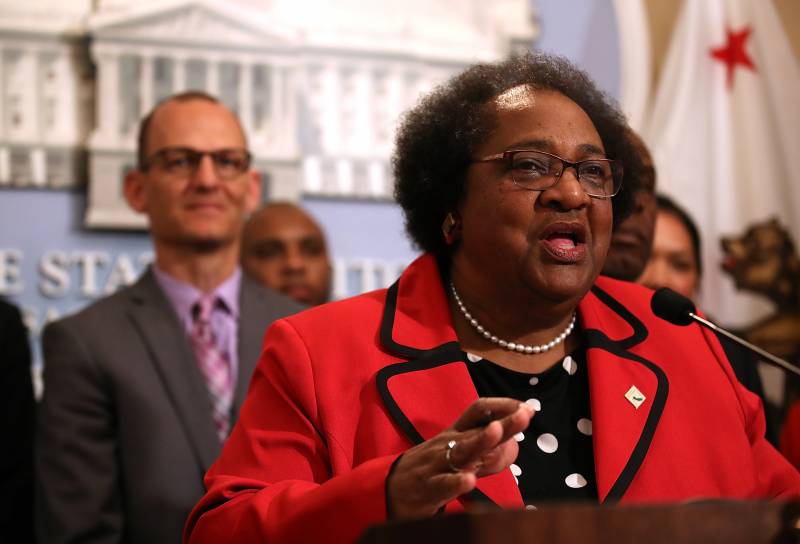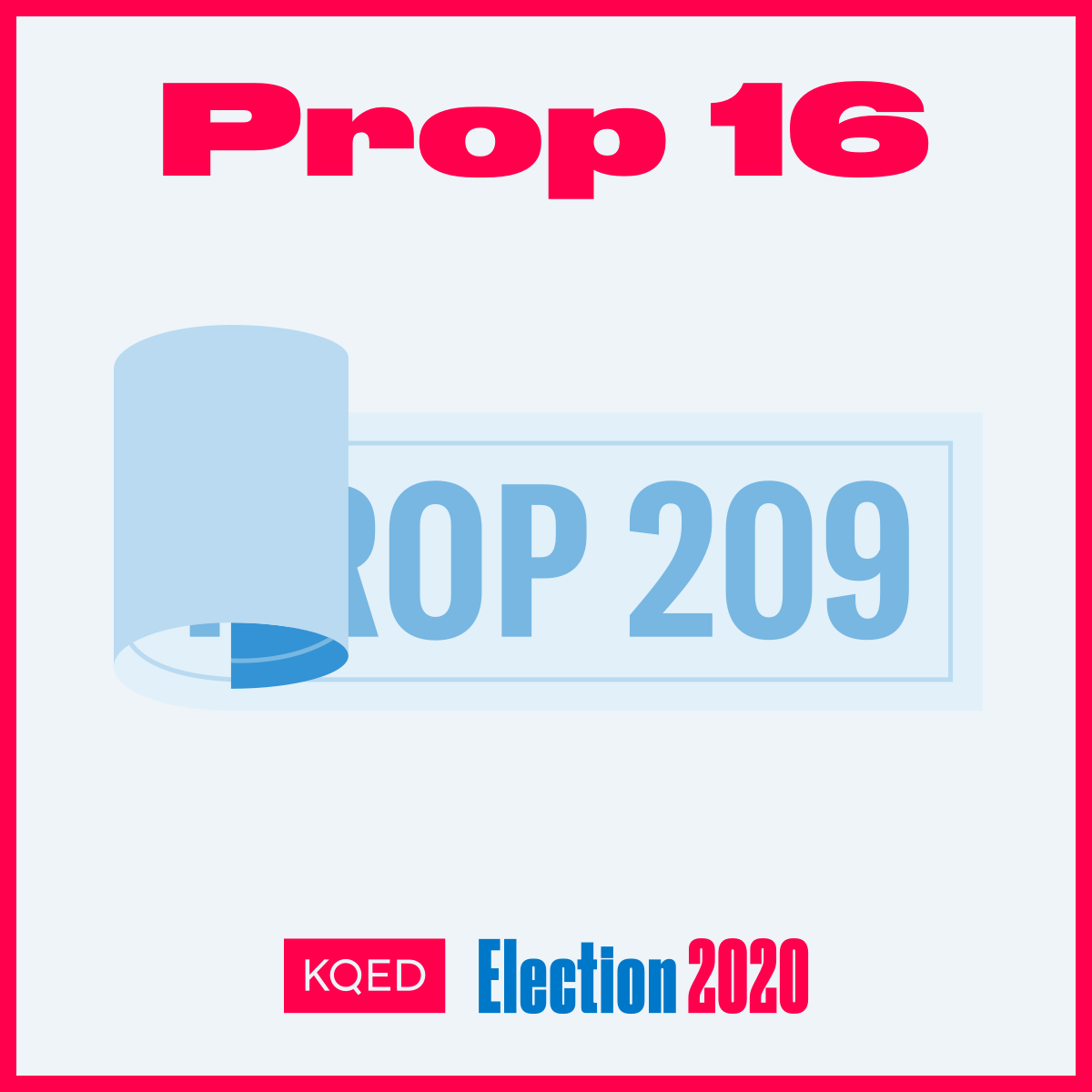Proposition 16, which would have overturned a ban on affirmative action in the state, is failing with 56% of votes against the proposition as of Wednesday morning. The Associated Press declared that the proposition has failed.
Proposition 16 would have overturned another measure, Proposition 209, which voters passed in 1996. It banned the use of affirmative action by the state in hiring, awarding of contracts and granting admission to state colleges and universities.

